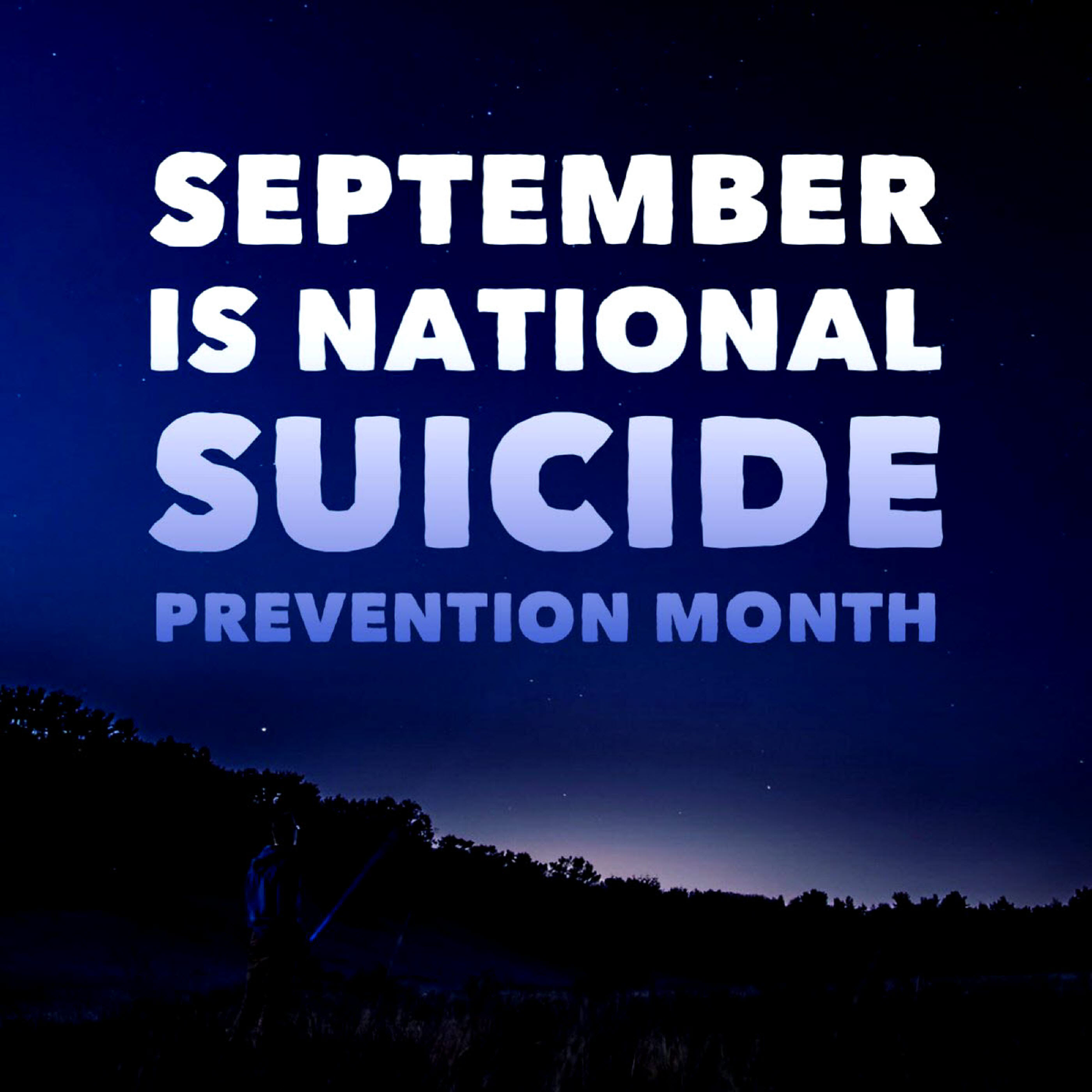
First and foremost, it is important to acknowledge that mental health is just as important as physical health. Our minds, just like our bodies, can experience imbalances and struggle with certain conditions. From anxiety and depression to bipolar disorder and schizophrenia, mental health disorders come in various forms and impact individuals differently.
#James Donaldson notes:Welcome to the “next chapter” of my life… being a voice and an advocate for #mentalhealthawarenessandsuicideprevention, especially pertaining to our younger generation of students and student-athletes.Getting men to speak up and reach out for help and assistance is one of my passions. Us men need to not suffer in silence or drown our sorrows in alcohol, hang out at bars and strip joints, or get involved with drug use.Having gone through a recent bout of #depression and #suicidalthoughts myself, I realize now, that I can make a huge difference in the lives of so many by sharing my story, and by sharing various resources I come across as I work in this space. #http://bit.ly/JamesMentalHealthArticleFind out more about the work I do on my 501c3 non-profit foundationwebsite www.yourgiftoflife.org Order your copy of James Donaldson's latest book,#CelebratingYourGiftofLife: From The Verge of Suicide to a Life of Purpose and Joy
Link for 40 Habits Signupbit.ly/40HabitsofMentalHealth
www.celebratingyourgiftoflife.com
One of the most crucial aspects of mental health is destigmatizing it. Society has long perpetuated the idea that mental illness is a sign of weakness or something to be ashamed of. However, mental health is not a personal failure or a moral flaw. It is a complex interplay of genetic, biological, psychological, and environmental factors that can affect anyone, regardless of age, gender, or background.
Education plays a vital role in dispelling the myths and misconceptions surrounding mental health. By providing accurate information, we can challenge stereotypes and encourage empathy. Increased awareness can also help individuals recognize the signs and symptoms of mental health conditions in themselves and others, leading to early intervention and improved outcomes.
Another essential aspect of supporting mental health is creating open and safe spaces for individuals to share their struggles and seek help. When we normalize conversations about mental health, we give people the confidence to voice their concerns without fear of judgment. This can lead to early intervention, access to appropriate treatment, and ultimately, better overall well-being.
Institutions and organizations also have a responsibility to prioritize mental health. They can promote employee well-being by implementing mental health policies, providing access to counseling services, and fostering a supportive work environment. By destigmatizing mental health in the workplace, employees are more likely to seek help when needed, which can improve productivity and job satisfaction.
It is essential to remember that mental health affects not only individuals but also their families and communities. Providing support networks that offer guidance, understanding, and resources can make a significant difference in the lives of those struggling with mental health. By acknowledging that no one should face these challenges alone, we can build stronger, healthier communities.
Lastly, self-care is crucial for maintaining good mental health. Engaging in activities that promote relaxation, stress management, and self-reflection can help prevent the onset of mental health conditions and support overall well-being. Practicing mindfulness, exercising regularly, and seeking social connections are just a few examples of self-care activities that can contribute to positive mental health.
https://standingabovethecrowd.com/?p=11914


No comments:
Post a Comment